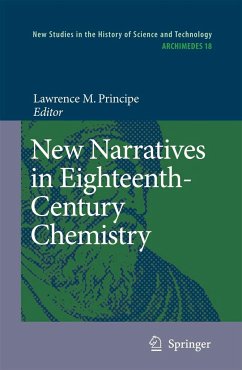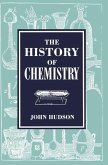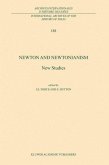The eighteenth century has long been considered critical for the development of modern chemistry, yet many crucial features of the period remain largely unknown or unexplored, for general accounts--often built around Lavoisier--have remained quite selective. This volume presents new approaches and topics in an attempt to build a richer, fuller, more complex view of chemical work during the period. Themes include "late-phase" alchemy, professionalization, chemical education, and the links and relations between chemistry and pharmacy, medicine, agriculture, and geology.
Hinweis: Dieser Artikel kann nur an eine deutsche Lieferadresse ausgeliefert werden.
Hinweis: Dieser Artikel kann nur an eine deutsche Lieferadresse ausgeliefert werden.
From the reviews: "The book consists of nine papers, of which eight focus on topics, themes and subjects that have been neglected in the historiography to date ... . It offers a manifesto for all those who believe that the eighteenth century has much more to tell us about the history of chemistry and, more broadly, of science than how to have a revolution and survive it. ... it should be required reading for all historians of chemistry ... ." (Georgette Taylor, Ambix, Vol. 56 (1), March, 2009)








